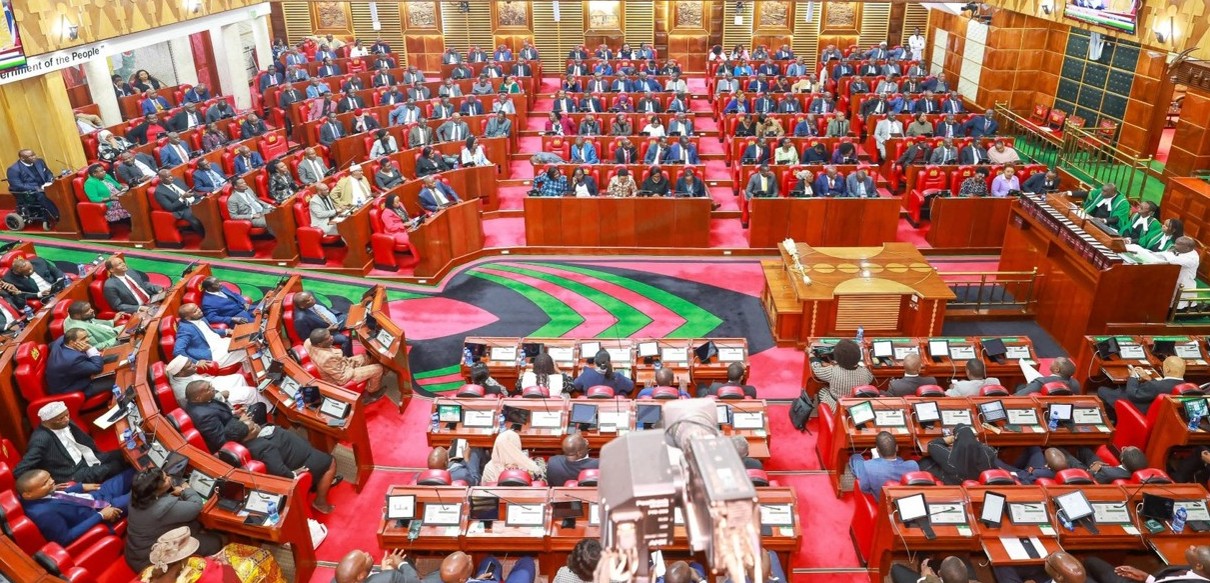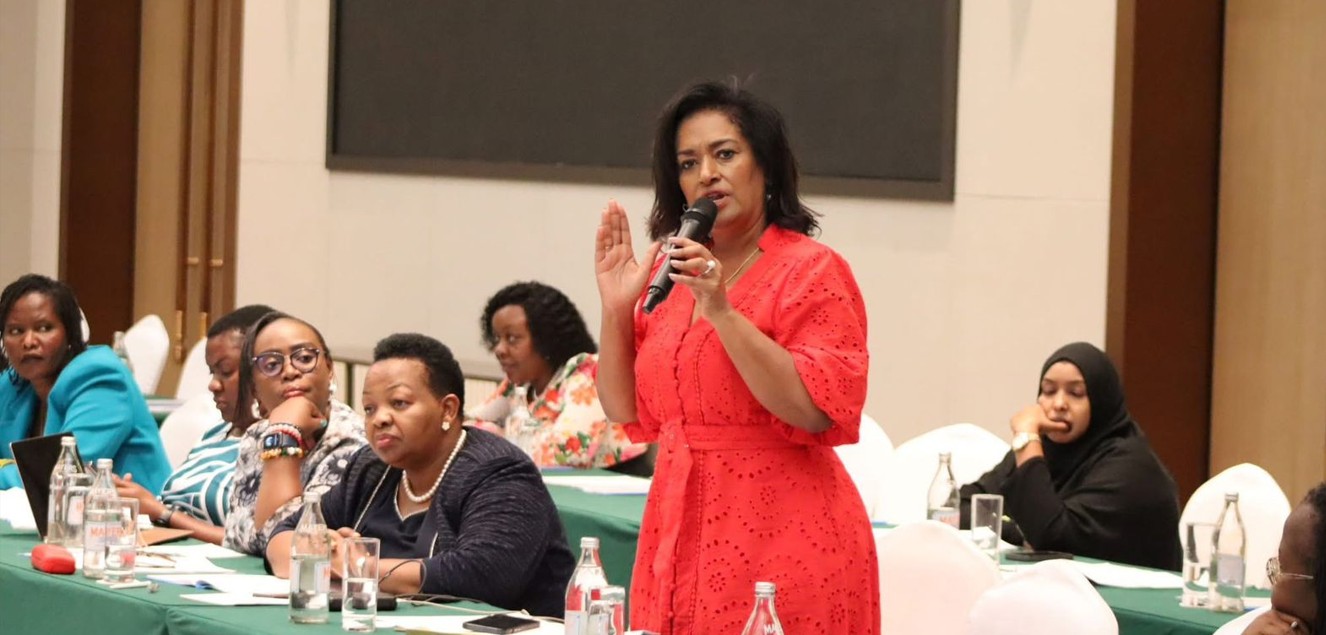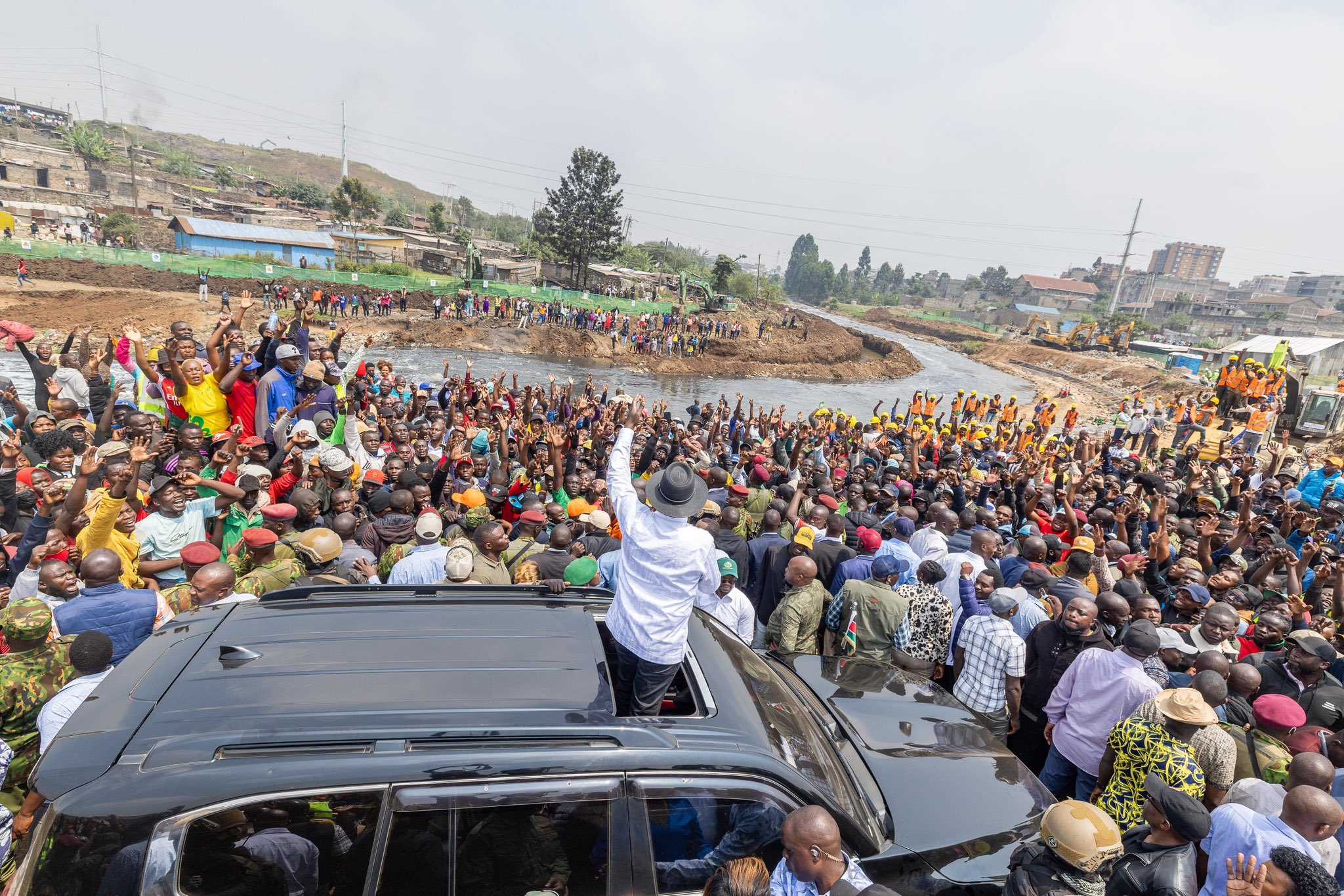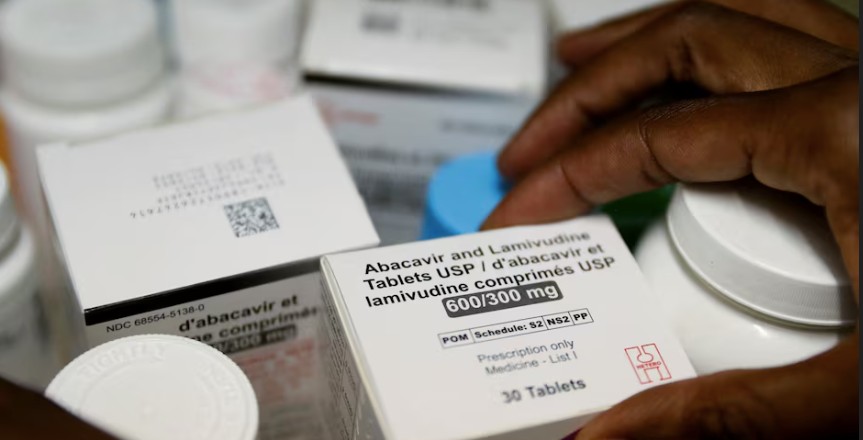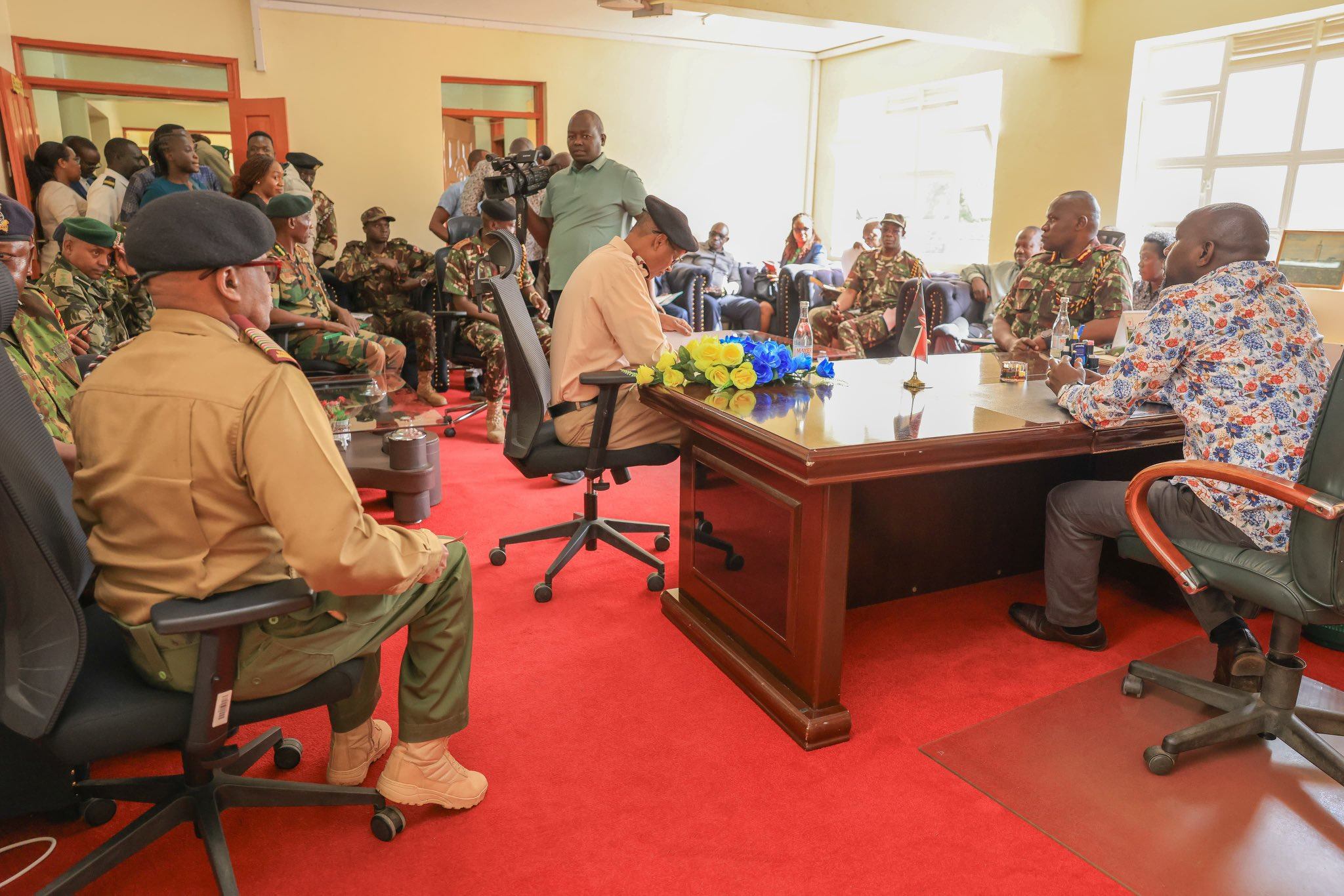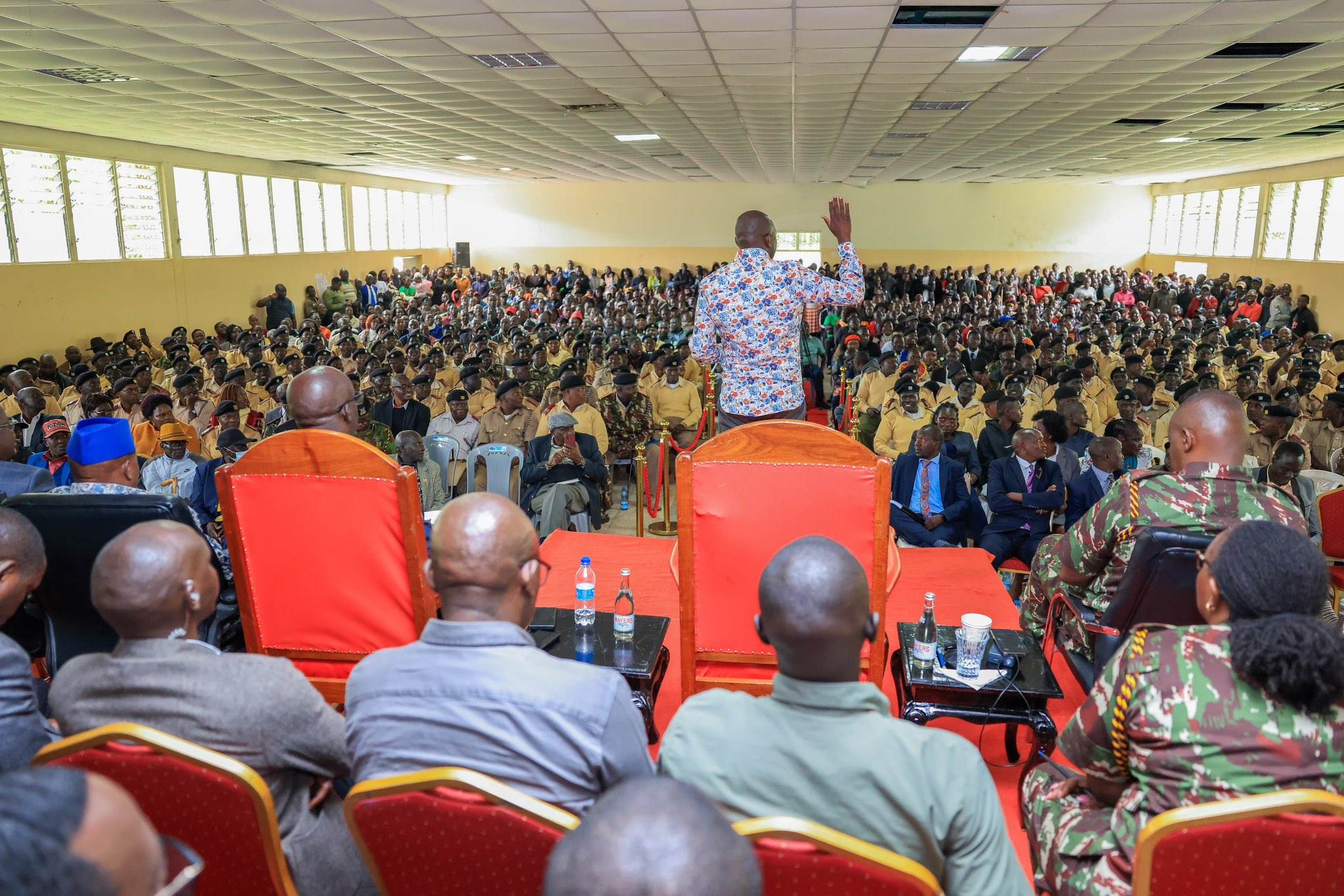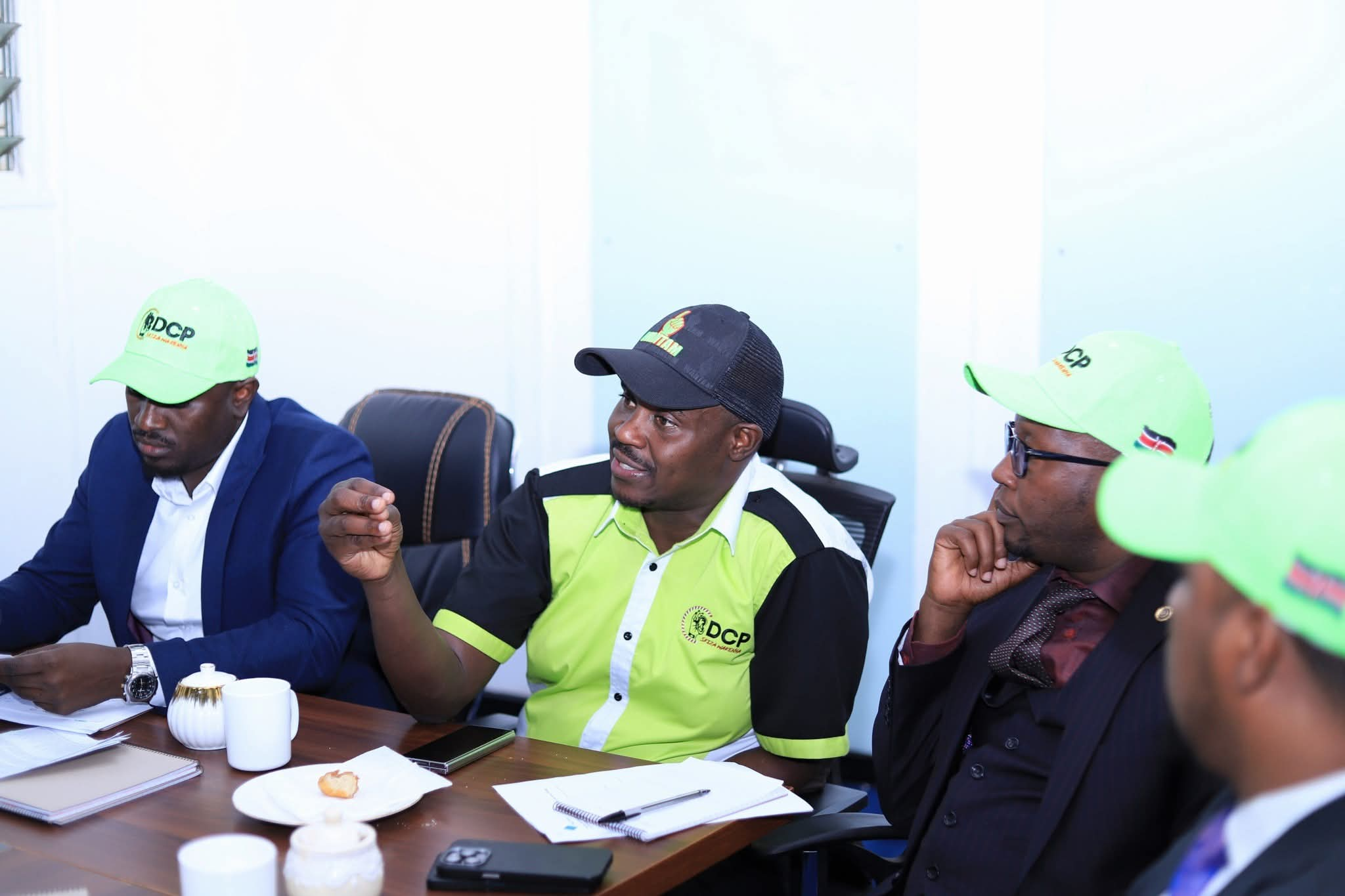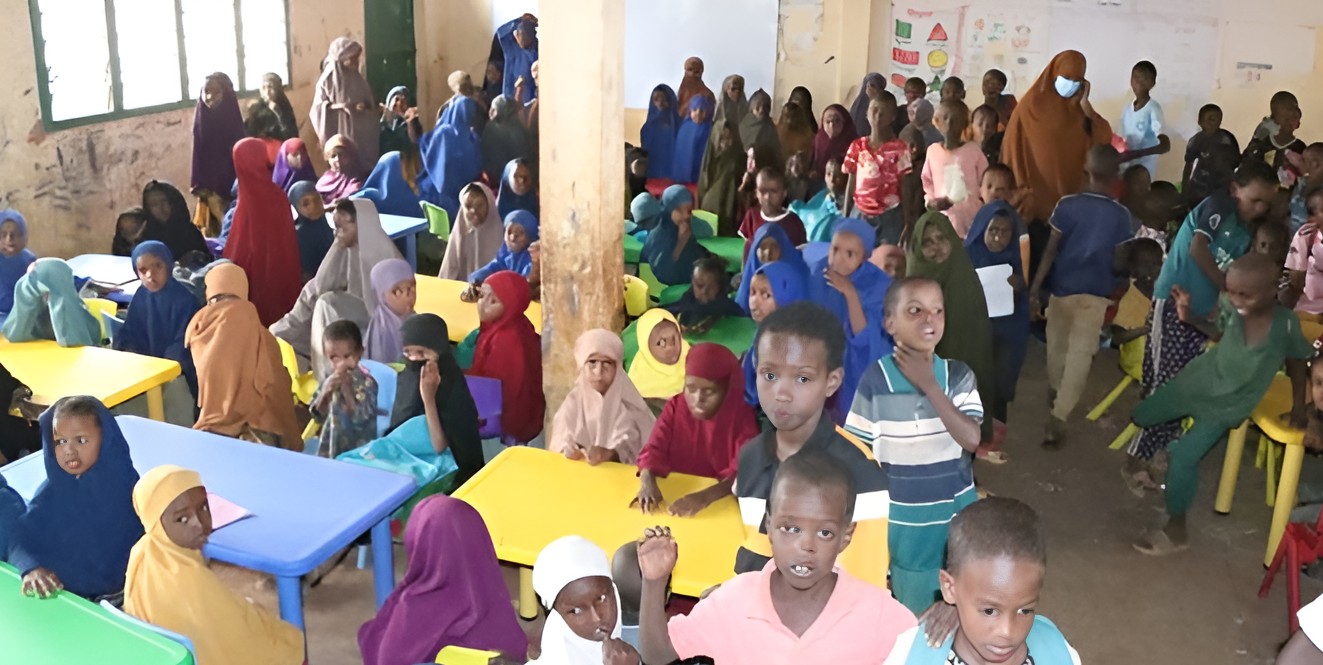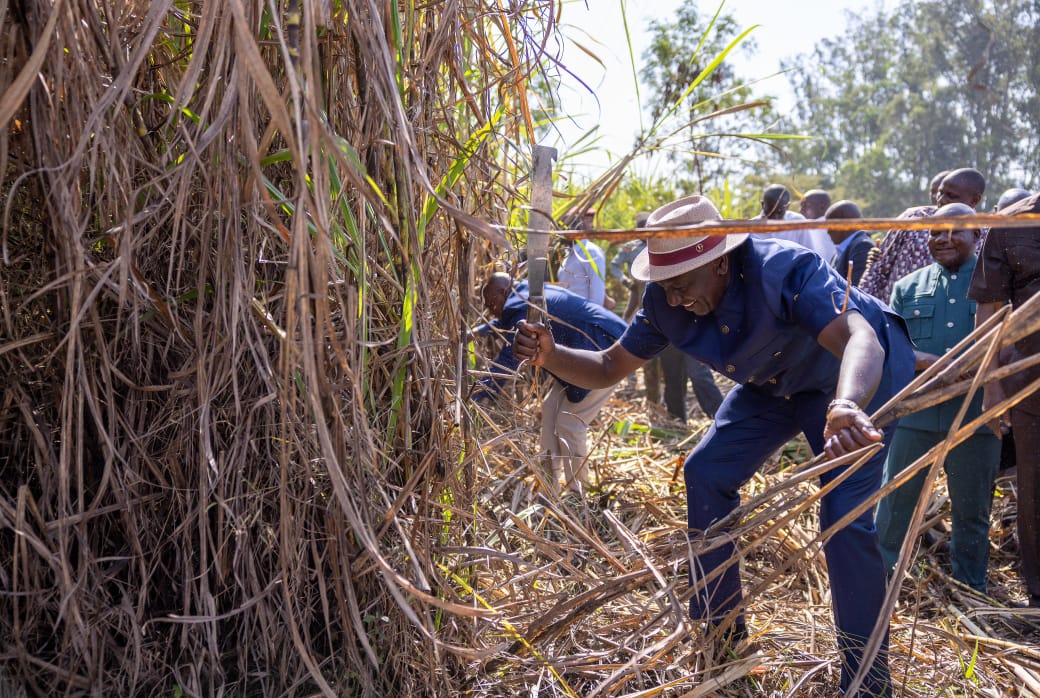Legal experts decry Kenya's ‘weaponisation’ of terror laws against Saba Saba protesters
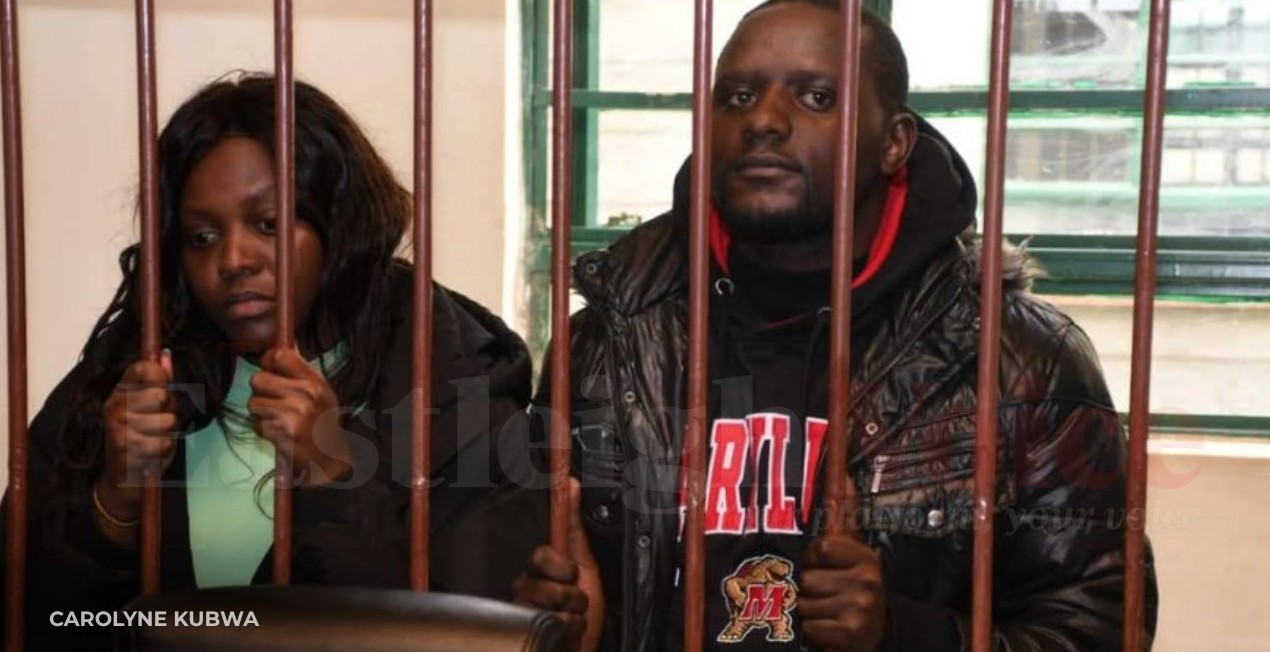
Legal experts have criticised the government’s decision to charge protest-related suspects with terrorism, calling it an attempt to suppress dissent.
At least 777 people, including two minors, are currently in custody over alleged involvement in various crimes committed during last week’s Saba Saba protests. The offences range from terrorism and theft to burglary, arson, robbery with violence, unlawful entry with intent to commit a felony, and possession of firearms.
Among those facing terrorism-related charges are two DCP youth leaders, Peter Kinyanjui Kawanjiru and Serah Thiga. Both were released on bond yesterday—Kinyanjui on Sh50,000 and Thiga on Sh200,000. Thiga was granted a higher bond due to additional charges, including alleged mobilisation of gangs, illegal possession of a firearm, arson, and robbery with violence.
More To Read
- Grief and anger as form three student killed during Saba Saba protests laid to rest
- Ex-CJ David Maraga decries protest deaths, urges urgent human rights training for police
- FIDA-Kenya decries surge in sexual abuse during protests
- Interior CS Kipchumba Murkomen reveals June-July protests left 42 dead, 600 injured
- ‘You’ll forever be 12’: Heartbroken mother mourns Bridgit Njoki, killed by police bullet on Saba Saba
- Unmarked Subarus, live ammunition: Police under fire over Saba Saba protest killings, injuries
Eighty-four other suspects face similar terrorism charges, including two minors from Ngong who have since been released on free bond. Adult suspects from areas such as Matuu are being processed through the Kahawa and Ngong law courts, with bond amounts ranging between Sh20,000 and Sh300,000.
Legal experts have criticised the government’s decision to charge protest-related suspects with terrorism, calling it an attempt to suppress dissent.
Ruth Kihuria, a Senior Legal Manager at the International Justice Mission (IJM), noted that for a terrorism charge to be valid, the accused must be shown to have committed an act explicitly defined as terrorism under the Prevention of Terrorism Act (POTA).
"It can be arson, torture or violence that is serious in nature; however, that has to be accompanied by a serious intention to coerce the government towards a particular position. It is not just about the act itself. This requires a very high threshold," she said in an interview with BBC Focus on Africa.
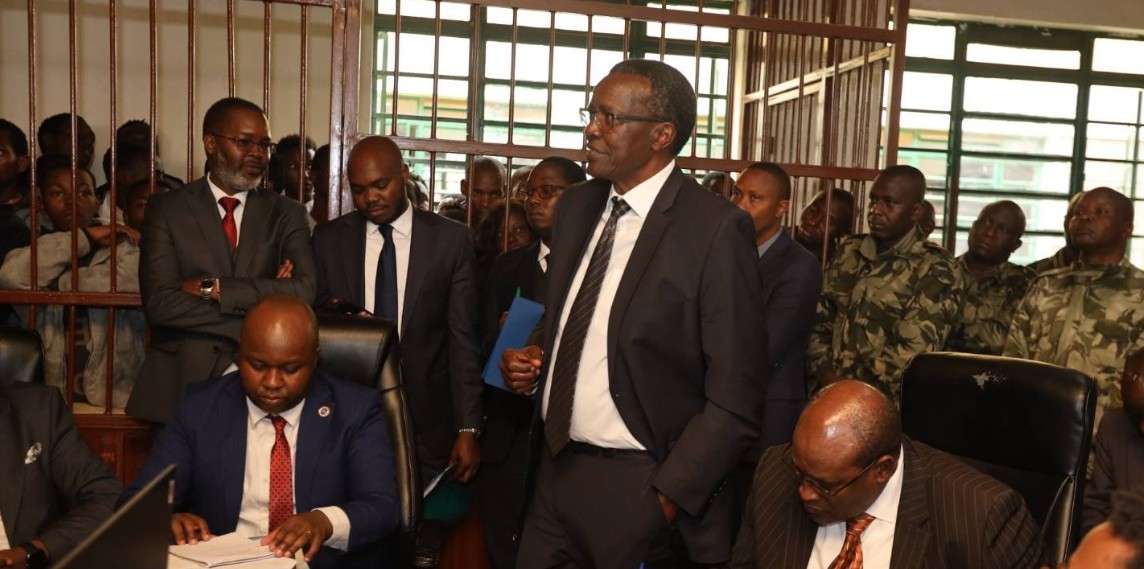 Former Chief Justice David Maraga at the Kahawa Law Courts on July 16, 2025, where he showed solidarity with youth arrested in Gilgil and other areas during the June 25 protests. (Photo: X/David Maraga)
Former Chief Justice David Maraga at the Kahawa Law Courts on July 16, 2025, where he showed solidarity with youth arrested in Gilgil and other areas during the June 25 protests. (Photo: X/David Maraga)
Imposed restrictions
She added that such charges would have lasting consequences, potentially limiting their future job prospects, business opportunities, and ability to travel abroad due to imposed restrictions.
"There's such a chilling effect to a terrorism charge; they can have their houses searched, they can be held in prison for 90 days without the bail option because of the seriousness that it invokes," she added.
On Wednesday, former Chief Justice David Maraga also termed the move to infer terror charges against the protesters as an overreach by the state.
"A terrorist offence is a serious offence, charging someone with terrorism just to deny them bond, traumatise them and keep them in custody; we are not going to allow this to continue. They cannot prove these charges, that much I can tell you," he said after leading a team of lawyers in defending some of the suspects presented before the Kahawa anti-corruption court on Wednesday.
Responding to the accusations, the Judicial Service Commission (JSC) said in a statement on Thursday that bond and bail decisions are not made arbitrarily but are guided by the Constitution, the Criminal Procedure Code, and the Judiciary's bail and bond policy guidelines.
"These instruments provide a structured legal framework and clearly articulate the criteria to guide the exercise of judicial discretion, taking into account the specific facts and circumstances of each case," the statement signed by the Registrar of the Judiciary, Winfridah Mokaya, who also serves as secretary to the commission, states.
Judicial independence
The statement specifically addressed reactions to bail and bond decisions made by the Nanyuki and Kahawa Law Courts, which the Judiciary viewed as attempts to undermine judicial independence and erode public confidence in the justice system.
"It is in this context that the commission expressed grave concern over the escalating trend of public vilification and unwarranted personal attacks directed at judicial officers in the discharge of their judicial functions. This pattern has recently been manifested in reaction to bail and bond decisions issued by the Nanyuki and Kahawa Law Courts," the statement says.
Efforts to secure their release have prompted the creation of a pay bill number, allowing Kenyans to contribute towards raising bail or bond as the court cases continue.
"Urgent bail money needed. Over 100 young Kenyans are still being unjustly detained country-wide on baseless, trumped-up charges, including terrorism, while the real goons and the politicians calling for violence remain free. Let's bring our innocent youth home. They are not safe. #WeAreNotTerrorists #JusticeforGenZ," the poster pleading for support for their bail reads.
The government's move to characterise the protests as an attempted coup has been seen by others as part of the 'harsh' penalties that, added to the harsh court charges, are meant to dissuade Kenyans from partaking in further street protests.
"Imposing these unreasonably tough bail conditions on Gen Zs charged with politically motivated terrorism offences violates the constitutional right to bail. Magistrates should avoid being perceived as an extension of the executive," Senior Counsel Paul Muite urged.
On his part, former Vice President Kalonzo Musyoka said that the trend of "weaponisation of the judiciary and the abuse of anti-terror laws to punish protest, dissent and even those mourning" is the most disturbing.
"Even the most ardent apologists of this dictatorship are at a loss for words when eight young men who accompanied the body of slain Albert Ojwang to Homa Bay were charged with terrorism offences," he said on Wednesday.
Top Stories Today
